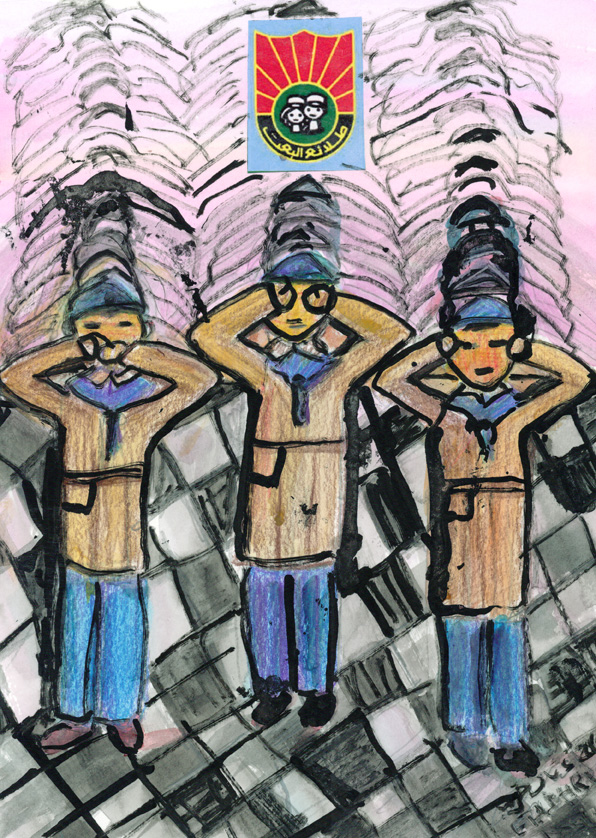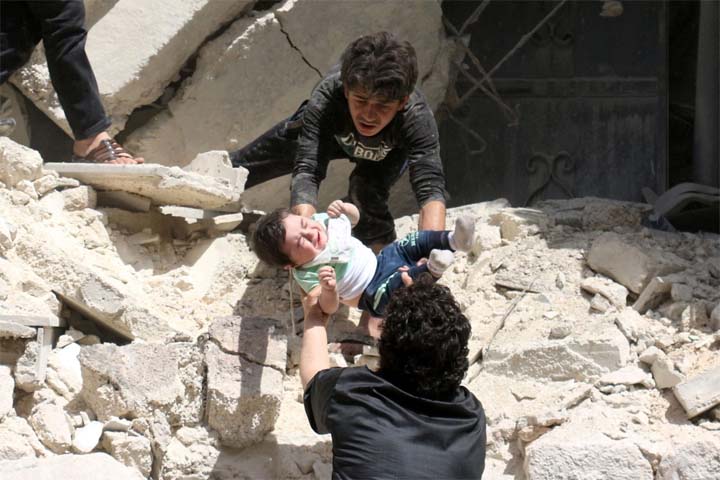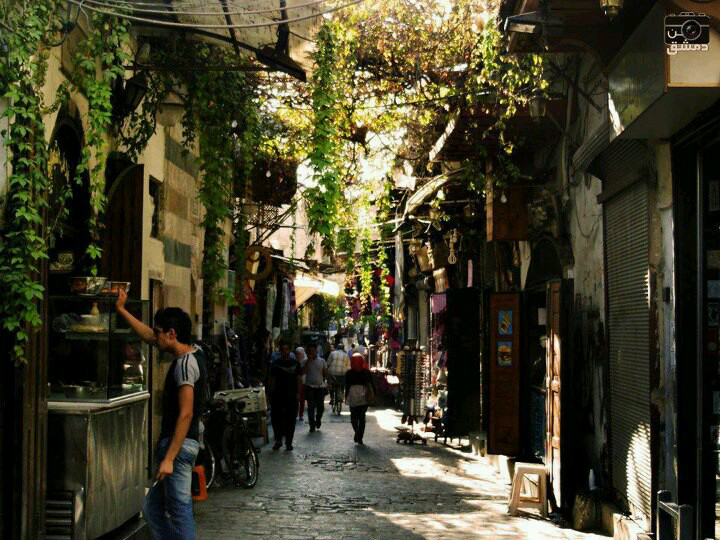Essays and Features
‘The Morning They Came for Us’: Untold Stories of Syria's Most Vulnerable Victims
Ms. Janine di Giovanni, one of Europe’s most respected reporters, chronicles the hardships inflicted upon adults and children alike, telling tales both gruesome and emotional in her new book, “The Morning They Came for Us” (Liveright, 2016). From her visits to Syria in 2012, di Giovanni gathered stories, speaking with a diverse group of people including pro-Assad nuns, regime doctors, and civilian activists...“The Morning They Came for Us” provides rich content that can be difficult to find in daily news coverage alone.
Behind Palestinian Museum Delays: Bureaucratic Quarrels and Discordant Visions
Syria and the Politics of Personal Sadness
A Review of Yassin Haj Saleh's Revolutionary Thought
Syrian Children and the Exit from the Dark Tunnel!
How One Broadcaster Liberated Her Emotions with the Written Word
While preparing my report on the Holocaust of Aleppo, I felt the customary format of broadcast news did not allow me to express my feelings.










